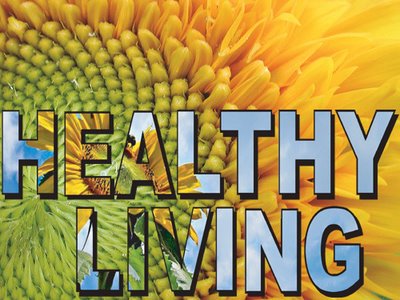 Many natural remedies have not been approved by the FDA yet have had success with many people. We at Healthy Living are just going to give you the treatment and claims of some of these Natural cures. In the end you have to decide whether it is right for you. Todays herb is Nettle and comes off the Nurses Guide A Nurses Guide to Herbal Remedies found here.
Many natural remedies have not been approved by the FDA yet have had success with many people. We at Healthy Living are just going to give you the treatment and claims of some of these Natural cures. In the end you have to decide whether it is right for you. Todays herb is Nettle and comes off the Nurses Guide A Nurses Guide to Herbal Remedies found here.Nettle (Urtical dioica)
General Description: A perennial that is native to Europe, but is naturalized throughout the United States and Canada.
General Description: A perennial that is native to Europe, but is naturalized throughout the United States and Canada.
Part Used: roots and flowers
Uses:treatment of BPH, diuretic, wound healing, cance, eczema, rheumatism, allergic rhinitis & cough
Action: It contains steroidal and phenolic substances.
Dosage: Adult daily dose of root for BPH is 4-6g
>Tea- 4g herb in hot water 3-4x daily
>Capsules of 150-300 mg for allergic rhinitis
>Tincture - 1/4 to 1 teaspoon up to twice a day
>Tea- 4g herb in hot water 3-4x daily
>Capsules of 150-300 mg for allergic rhinitis
>Tincture - 1/4 to 1 teaspoon up to twice a day
Precautions/Adverse Effects: Can cause topical irritation following direct contact with exposed skin. Rare gastrointestinal disturbances, oliguria and edema.
Contraindications: Cardiac and renal disease. Pregnancy/Lactating women. Also use cautiously in older adults over the age of 65.
Contraindications: Cardiac and renal disease. Pregnancy/Lactating women. Also use cautiously in older adults over the age of 65.
Nursing Considerations:
Tell patients with diabetes do not use nettle, it causes poor glycemic control.
It does not produce enough diuresis to reduce the edema associated with heart failure or to reduce blood pressure.
Eat foods high in potassium, such as bananas, and fresh vegetables.
If nettle is rubbed against the skin, can cause burning for up to 12 hours, wash with soap and water.
Tell patients with diabetes do not use nettle, it causes poor glycemic control.
It does not produce enough diuresis to reduce the edema associated with heart failure or to reduce blood pressure.
Eat foods high in potassium, such as bananas, and fresh vegetables.
If nettle is rubbed against the skin, can cause burning for up to 12 hours, wash with soap and water.
General Safety Advisory
~The information in this document does not replace medical advice.
~Before taking an herb or a botanical, consult a doctor or other health care provider
-especially if you have a disease or medical condition,take any medications, are pregnant or nursing, or are planning to have an operation.
~Before treating a child with an herb or a botanical, consult with a doctor or other health care provider.
~Like drugs, herbal or botanical preparations have chemical and biological activity. They may have side effects. They may interact with certain medications. These interactions can cause problems and can even be dangerous.
~If you have any unexpected reactions to an herbal or a botanical preparation, inform your doctor or other health care provider.
